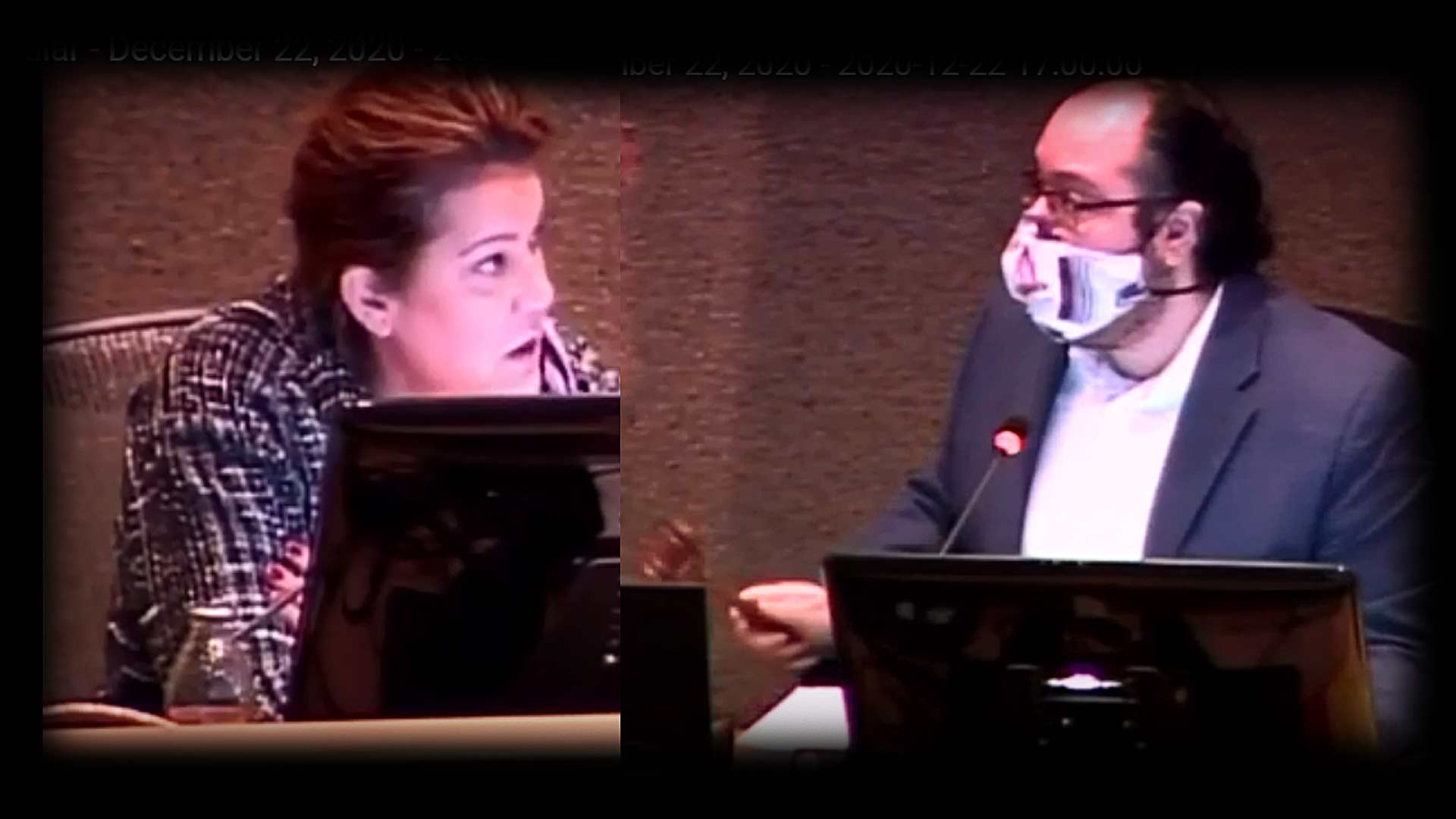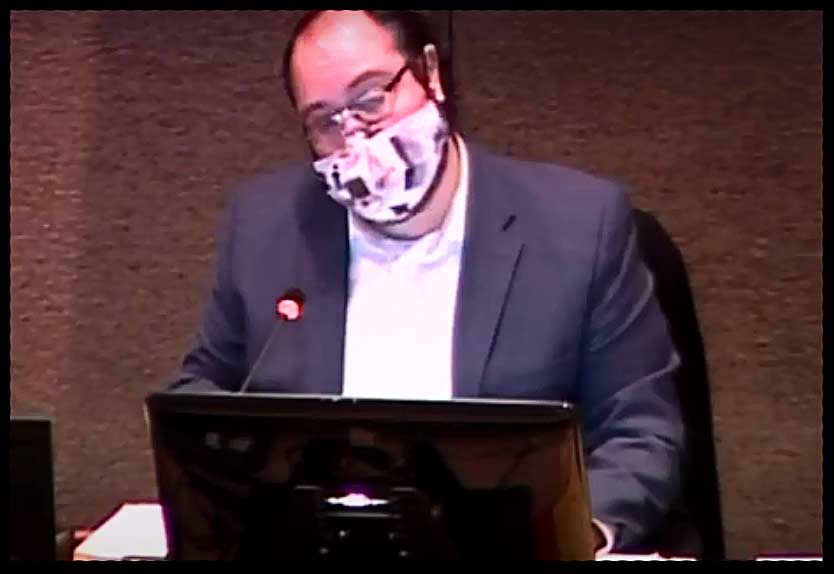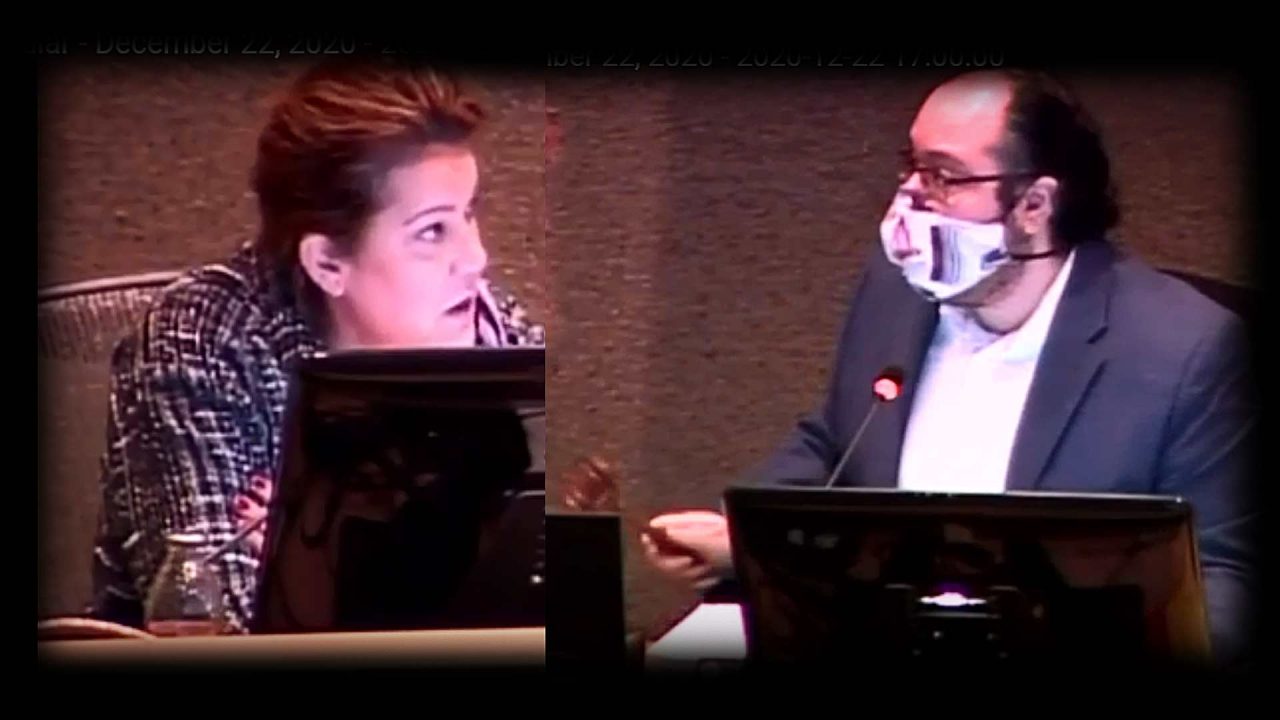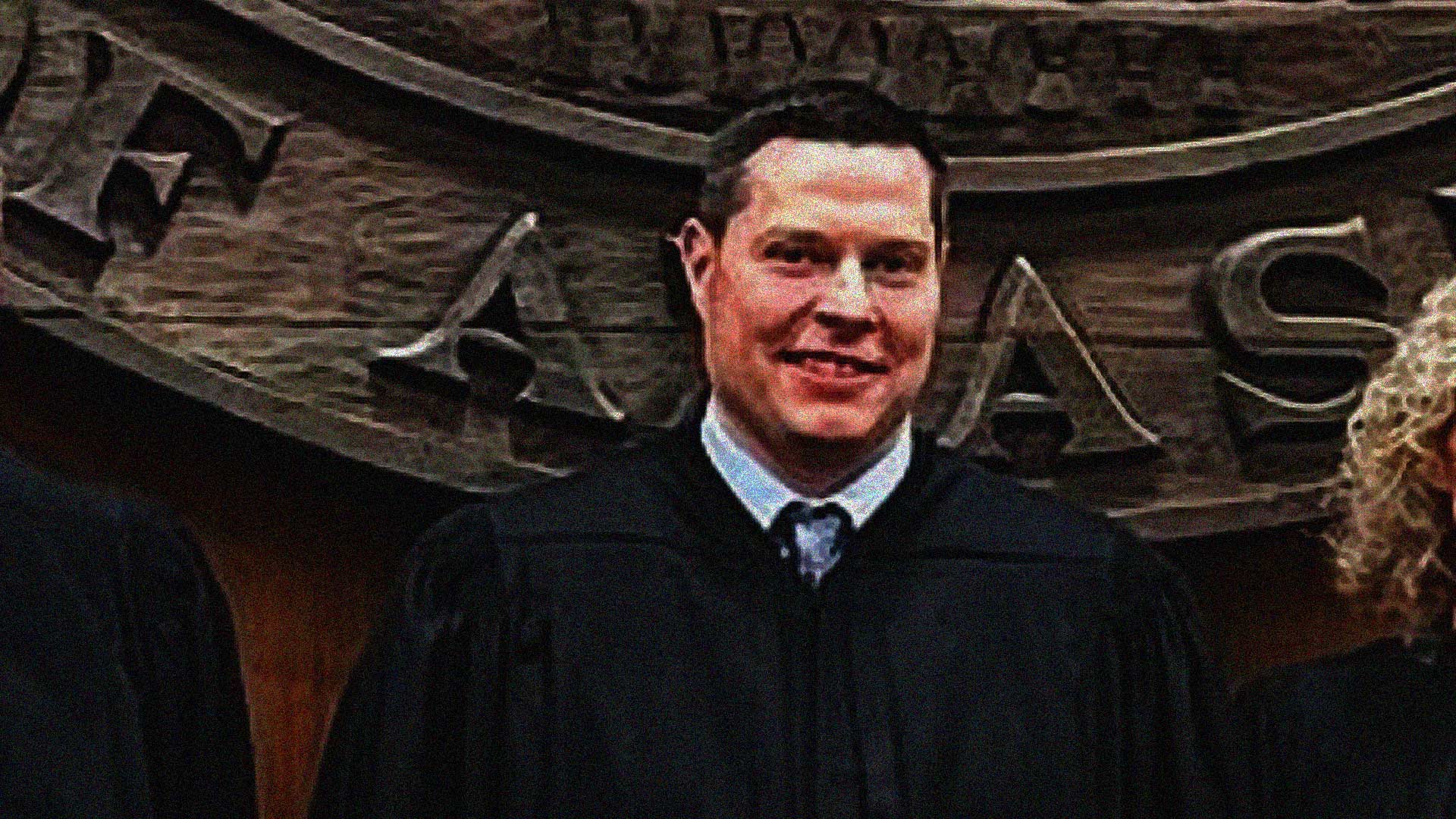
Despite impassioned pleas from some of Anchorage’s most well established and hard-hit restaurant owners, asking the Anchorage Assembly to let them reopen, the Assembly voted 7-3 to keep in place a ban on all indoor eating and drinking services.

Several restaurant owners testified at the Dec. 22 meeting, saying they could reopen under detailed and extensive safety plans which the hospitality industry has developed in conjunction with sanitation experts.
Alex Perez, who was recently forced to close his popular Table 6 restaurant told the Assembly that the loss of his business was “a direct result of your poor leadership and decisions to put your pet projects before my employees’ livelihood.” He noted that Anchorage residents are now driving to other cities with less restrictions to dine out, and he said that the Assembly’s “disgraceful” treatment of restaurants and other businesses has set the stage for a mass exit from Anchorage. Perez finished his testimony by reading a long list of his former employees who have lost their jobs.
The crowd burst into cheers and applause following Perez’s testimony.
Later, Bernadette Bradley, owner of Bradley House restaurant, recounted her economic struggles in dealing with the acting mayor’s oppressive COVID mitigation mandates. After spending nearly $100,000 to improve sanitation in her restaurant, she is still unable to open under the current emergency orders.
Before the testimony began, Anchorage’s Acting Mayor Austin Quinn-Davidson spoke about how “pro-active” her code enforcement officers have been in fining and making sure certain businesses remain either closed or operating at reduced capacities. She boasted of the more than 200 spot checks her enforcers carried out over the past weekend alone.
“We hired more code enforcement officers and transitioned from a completely complaint driven enforcement process to a pro-active spot check process,” she proclaimed, adding that the aim is to root out what she called “bad actors.”
Assemblywoman Jamie Allard, of Eagle River, tried in vain to convince the majority of the Assembly to terminate two aspects of Quinn-Davidson’s emergency order – the severe limitations on group sizes and the ban on indoor eating and drinking at restaurants and bars.
She pointed out that the gathering limitations treat some of the most important human activities – like burying and marrying loved ones – with far greater restrictions than other occasions, like shopping at big box stores. Allard urged her colleagues to replace the ban on indoor restaurant service with the North Star Plan which would allow hospitality venues to operate at 50% capacity with stringent safety protocols.
Allard pointed out the inconsistency of banning restaurant service, while allow large crowds to pack into places like Cosco, where they also serve food and drinks, or travel on planes in close quarters for hours while travelers eat and drink.
Assemblywoman Crystal Kennedy agreed, saying the city needs to be more flexible with things as personal as weddings and funerals, and that restaurants owners should be allowed to earn a living.
ALASKA WATCHMAN DIRECT TO YOUR INBOX
Ultimately these arguments were unpersuasive to the majority, which has repeatedly voted to grant first Berkowitz and now Quinn-Davidson emergency powers to shut down sectors of the city. Only Allard, Kennedy and Assemblyman John Weddleton supported Allard’s amendment.
The meeting, like most over the past year, was marked by heightened tensions between Assembly Chair Felix Rivera and the general public. At one point Rivera and Allard had a dispute over whether she continue speaking on an issue. He muted her microphone and the audience began shouting, “Recall, Recall, Recall,” a reference to the ongoing effort to remove Rivera through a recall vote.
Rivera pounded his gavel in vain and then left the meeting for a twenty minute dinner break.
Earlier in the meeting, Allard brought forward a resolution to let residents of West Anchorage elect a new Assembly member to replace Quinn-Davidson who is currently serving as the acting mayor. Allard argued that, due to the fact that the Assembly refuses to hold an emergency election to vote on a new mayor to replace Ethan Berkowitz, Quinn-Davidson’s constituents will be without a representative until next summer.
While some assembly members seemed open to pursuing this after the Christmas break, Allard’s resolution ultimately failed in an 8-2 vote with only Kennedy joining Allard in support.







22 Comments
I would just ignore the unconstitutional order and open my resteraunt, if code enforcers come in kick them out tell them they are trespassing. They have no authority. Only if you give it to them. People still haven’t learned.
Exactly, and tell customers to open carry!
Their Chinese Communist masters won’t allow them to open the city.
A sad day for Anchorage. I hope you can a way to replace these people with someone who can help these businesses. If costco can run wide open there has be a way to help the people who are suffering under this tyranny.
there are patriots ready to hear the cry and assemble
Ole Burt in these comments wants to brandish firearms and thinks anchorage assembly members take order from China ?
This publication is working really well Joel – congratulations.
Keep pushing the rage and the fear maybe you’ll get people to kill one another.
Right ? Isn’t Joel a good little Christian ? Sowing dissent, fear and hatred amongst Alaskans, not trying to heal or bring together. What a guy he is, living and working in the Valley, yet here he is, spreading his vicious lies on the internet about how evil the Anchorage Assembly is. Never mind that these folks are human beings trying to make their community a better place, ankle-biters such as Joel Davidson aspire to do nothing more than drag people down, sully their reputations by dragging their names through the mud. Joel Davidson should be ashamed to call himself Christian.
https://www.youtube.com/channel/UCJUu9mJC8EjN9nI8ehsvRSw
If your side really cared about peaceful solutions they wouldn’t have corrupted our election process. The people oppressed by these tyrants know what needs to be done, it’s just a question of when at this point.
Never forget which side pushed us to this point where free men have every aspect of their lives under ever changing emergency orders.
The only people pushing fear is the radical, left-wing assembly members and their good little sheeple. They’re also the ones advocating violence.
The people have pushed, bullied, and oppressed to the point we are at. If you’re ok living like a sheep, taking scraps from the government, and living under authoritarian rule with no rights, be my guest Albert. Just know I may walk among the sheep, but make no mistake I am the sheepdog
Open carry isn’t brandishing. Open carry is legal; violating the civil rights of the people of Anchorage isn’t legal or constitutional. Alaska Watchman does not condone or promote violence, maybe you should move to California where you will feel safe, assuming you actually live in Alaska.
Open the city and let people go to work.
Concealed carry is also legal in Alaska…just so everyone knows. And , although available, no permit is required.
suppose they all opened….what would those meatheads do?????
They have already been threatened to have their business licenses pulled. These tyrants are only able to do what we allow them to do. It is time for ALL businesses that are forced to close to stop paying the city the taxes they are still forced to pay. Even though the city will pull their licenses, they are going to loose everything anyway. The city will not reopen anytime soon. The new mutation of the virus in London and South Africa will be a great excuse for them to continue on with this insanity; unless everyone stops paying into the city coffers. Money talks (before the big guns have to).
Little difference from putting street criminals in the Assembly than what is there now. Seriously. These people have not ONCE deliberated the prevalence of individual liberties, under the principles of constitutional law, with regard to the dismal decision making. ‘Democrat’ has become synonymous with ‘tyrant’. They believe your freedoms are ‘bestowed’, not ‘secured’ and ‘protected’. Has the question ever been put to them? The question is valid in its raw, inflammatory or not’What takes prevalence, safety or liberty’?. (There’s nothing more inflammatory than the truth). This is all base NOT on an ACTUAL threat. The virus IS real (as dismally low a threat it has turned out to be in contrast to their pre-election ‘projections’). The reaction is historically ridiculous, criminal. The ‘threat’ is NOT the virus. The ‘threat’ that YOU are is the ‘POSSIBILITY’ that you may be infected. Coupled with the .3% mortality, already questionable, politically tainted statistics, this is beyond absurd. What other ‘possibilities’ can be abused to impose a mandate? It’s limitless. People need to open their businesses. EO’s aren’t Martial Law – they’re excuse for wannabe despots to get drunk on power. And – no matter how bad or obscene their incompetence or criminal negligence, they get a ‘pass’? They couldn’t care less about people. SAYING they care is their mantra – ‘prove otherwise’. It proves they’re benevolent in their own eyes. NOT acting against the people in favor of acquiring information so that individuals can make their own risk assessment didn’t even occur to them. Nor would it have Hitler or Stalin, or Jinping. The ‘theory’ of overloaded hospitals isn’t even an excuse to obscenely violate peoples liberties. They’ve even created and environment in which legal opposition is difficult to impossible. Never forgive these treacherous, self serving losers. The worst Anchorage Assemble has ever seen in its history.
Blackball all assembly members from every private owned business, “Right to refuse service” is legal. do not even have to sell them gasoline. Seems the only way to have hem listen is going to be through the pocket book
All 7 Assembly members that voted for this need to be voted out
STOP VOTING FOR THESE PEOPLE
Open you’re businesses join together and sue the city council and acting wanna be
Mayor it’s happening all over the states. They will back down! Start protesting at there residences. Treat them like the nobody wanna be’s they are. It’s going to take another Civil war to take our country back. The Demorats have pushed and cheated there way into power now it’s up to us to cut the head of the snake off!
If you businesses want justice you need to take the fight to the Alaska Supreme court.
You have a Constitutional lawyer waiting for a untied answer.
Let your little Code Enforcement Officers get in my face and they will receive the Business end of my little Friend Smith and Wesson
We were vacationing for Christmas from Louisiana and were very disappointed that restaurants were closed in Anchorage. We just went to Wasilla and Palmer everyday and spent our money there. It’s a beautiful state. It’s good to see some cities are acting with common sense.
Follow the Science – oh never mind, just follow our directions until the order expires. The science does not support the masks or shutdowns.